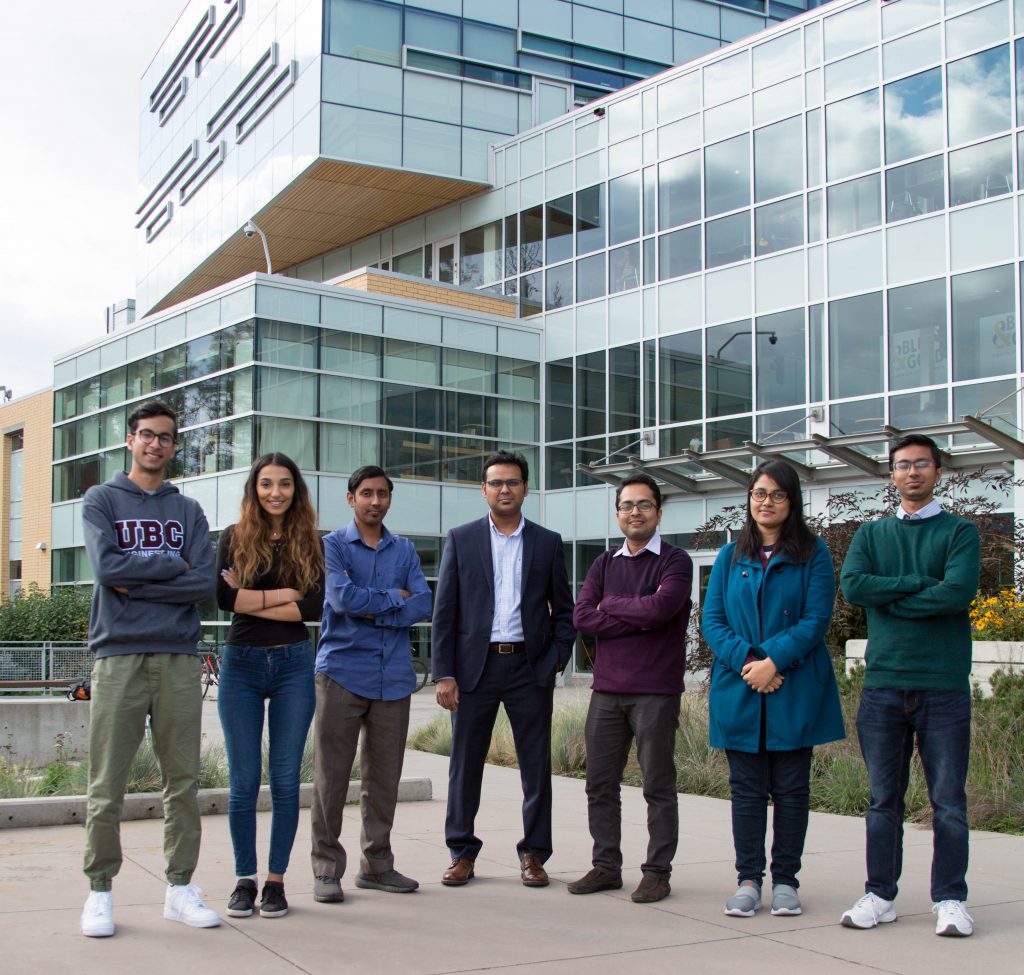
UBC researchers at the School of Engineering are working with the University of Auckland and Wayne State University to explore changes to the way we work, study, and travel as a result of COVID.
In a similar study conducted between March and April, the researchers found that out-of-home travel activities were 50% lower than the pre-pandemic period in the Okanagan. Not surprisingly, a significant increase was observed in individuals working and studying from home as a result of government imposed restrictions.
“Building on this study, we are now exploring how these behavioural changes that occurred in short-term, are evolving over the longer-term, and into a post-COVID world,” says Mahmudur Fatmi, an assistant professor and lead researcher at the Centre for Transportation and Land Use Research (CeTLUR). He and collaborators are particularly interested in better understanding public preferences when it comes to working from home or remote learning, and the barriers or benefits that are emerging related to public transit and online shopping.
“There isn’t a person who hasn’t been impacted by COVID in the way their day-to-day activities have envolved since March,” explains Fatmi, “so better understanding those changes is critical to adapting our policies and infrastructure to address them.”
According to Fatmi, that might mean changes to policies such as teleworking, flexible work hours, virtual classes, and transit recovery strategies, or other mechanisms to address how people’s attitudes and lifestyles are adapting to COVID.
By taking into account global changes as well, uniquely Canadian solutions can emerge that incorporate best practices or trends established elsewhere.
“If it turns out that travel behaviours are different from one country to another, we need to investigate why,” Fatmi notes, “Was it a matter of different policies? And did it work or not?”
Fatmi has been collaborating with different research projects across North America and New Zealand since 2015. Most recently, on a project exploring the residential choice decision processes, and cycling demand analysis across continents.
To take part in the travel survey, visit https://cetlur.ok.ubc.ca/surveys/ for more information.